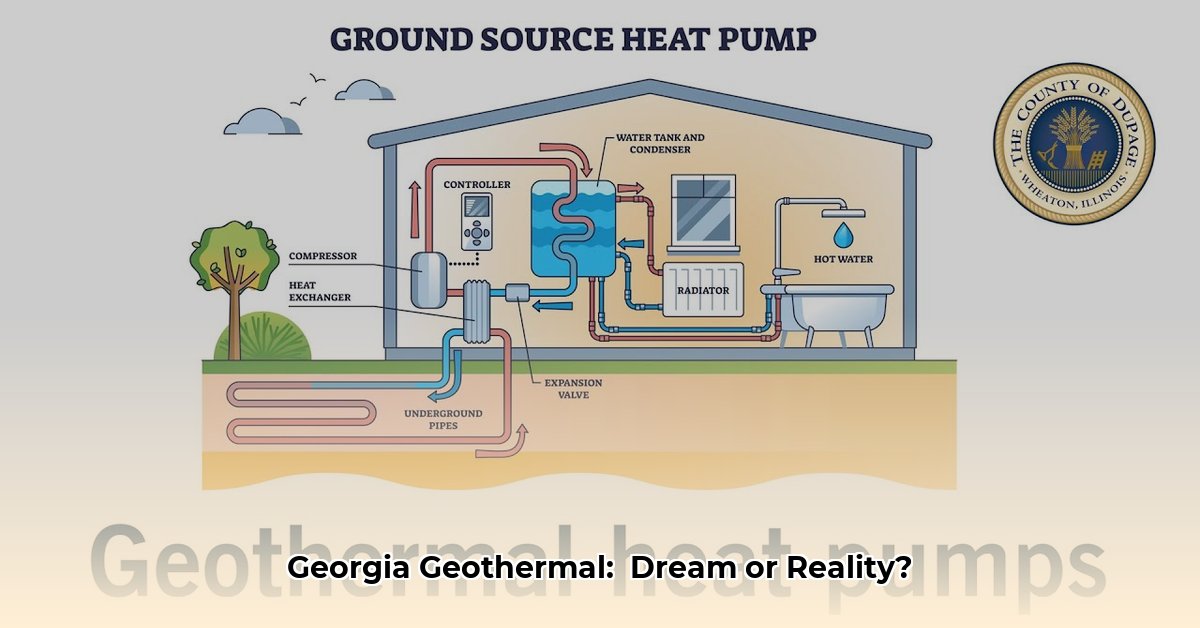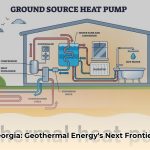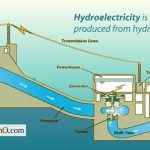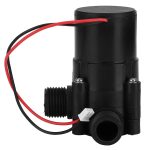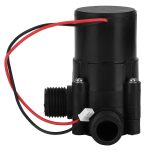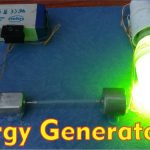Yes, geothermal energy is a viable option for homeowners in Georgia. This comprehensive guide addresses common misconceptions, explains how geothermal works, explores costs and benefits, and helps you find qualified installers. Discover how you can harness the earth’s energy to heat and cool your home efficiently and sustainably.
Geothermal in Georgia: How It Works
Geothermal heating and cooling systems—also known as ground source heat pumps (GSHPs)—use the earth’s stable underground temperature to heat and cool your home. A few feet below the surface, the temperature remains relatively constant year-round, warmer than the winter air and cooler than the summer air. GSHPs simply transfer heat between your home and the earth.
How GSHPs Operate
-
Winter Heating: Fluid circulates through a buried loop of pipes (the ground loop), absorbing heat from the earth. This heat is then transferred to your home’s heating system.
-
Summer Cooling: The process reverses. Heat is extracted from your home and transferred to the cooler earth via the ground loop.
Ground Loop Options for Georgia Homes
Georgia’s diverse geography allows for various ground loop configurations:
-
Horizontal Loops: Best for homes with ample yard space, these loops are trenches dug a few feet below the surface.
-
Vertical Loops: Ideal for smaller properties, these loops involve drilling deep, narrow boreholes.
-
Pond/Lake Loops: For homes with access to a body of water, coils of pipe are submerged to exchange heat.
A qualified installer will assess your property to determine the optimal ground loop type.
Costs, Savings, and Incentives in Georgia
While the upfront cost of a geothermal system is typically higher than traditional HVAC, the long-term benefits often outweigh the initial investment.
Cost Breakdown
Geothermal system installation in Georgia typically ranges from $18,000 to $45,000, depending on the size of your home, the ground loop type, and site-specific factors.
Long-Term Savings
GSHPs can significantly reduce energy bills. Some homeowners report saving up to 50% on heating and 35% on cooling. These systems also have a longer lifespan (20+ years for the heat pump, 25+ years for the ground loop) compared to traditional HVAC (15-20 years), resulting in fewer replacements and lower maintenance costs.
Incentives and Rebates
Georgia offers several incentives to make geothermal more affordable. These may include federal and state tax credits, rebates, and other financial assistance programs. Consult your local utility company and the Georgia Environmental Finance Authority (GEFA) for current incentive details.
Finding a Geothermal Installer in Georgia
Choosing a qualified installer is crucial for a successful geothermal project. Look for certified professionals with experience in Georgia. Here are a few companies to consider (note: inclusion on this list does not constitute an endorsement):
-
EcoMech: Offers a broad range of services, including geothermal installations.
-
Southeast Geothermal: Specializes in well drilling, beneficial for certain types of geothermal systems.
-
Southern Geothermal: Serves both Georgia and South Carolina.
Request quotes from multiple installers, compare their offerings, and inquire about their experience with different ground loop systems.
Regulations and Future of Geothermal in Georgia
Regulations
While Georgia has limited geothermal-specific regulations, it’s essential to consult your local building department for any required permits or adherence to local codes.
The Future
Geothermal energy holds promise for Georgia’s future. As technology evolves and awareness grows, wider adoption is anticipated. Ongoing research into Enhanced Geothermal Systems (EGS) may unlock the potential of deeper, hotter resources for electricity generation, although its feasibility in Georgia is still under investigation. Community-scale geothermal networks also offer exciting possibilities for shared, cost-effective clean energy.
Geothermal vs. Traditional HVAC: A Comparison
| Feature | Geothermal (GHP) | Traditional HVAC |
|---|---|---|
| Energy Source | Earth’s Temperature | Electricity/Gas |
| Operating Cost | Lower | Higher |
| Environmental Impact | Much Lower | Higher |
| Upfront Cost | Higher | Lower |
| Lifespan | Longer (25+ years) | Shorter (15-20 years) |
| Maintenance | Lower | Higher |
Maintenance and Troubleshooting
Geothermal systems are generally low-maintenance. Regular annual checkups by a qualified technician are recommended to ensure optimal performance and longevity. These checkups can identify potential issues early on and prevent costly repairs.
Conclusion
Geothermal energy offers a sustainable, efficient, and comfortable way to heat and cool your Georgia home. While the initial investment may be higher, the long-term cost savings, environmental benefits, and increased home value make it a worthwhile consideration. Contact a qualified geothermal installer today for a personalized assessment and discover how geothermal can work for you.
- Is Hydropower Renewable Or Nonrenewable Resource? Sorting Out the Facts - March 3, 2026
- Hydroelectric Power Basics How Water Is Used For Electricity - February 26, 2026
- Portable Water Generators Power Off-Grid Homes and Adventures - February 25, 2026
